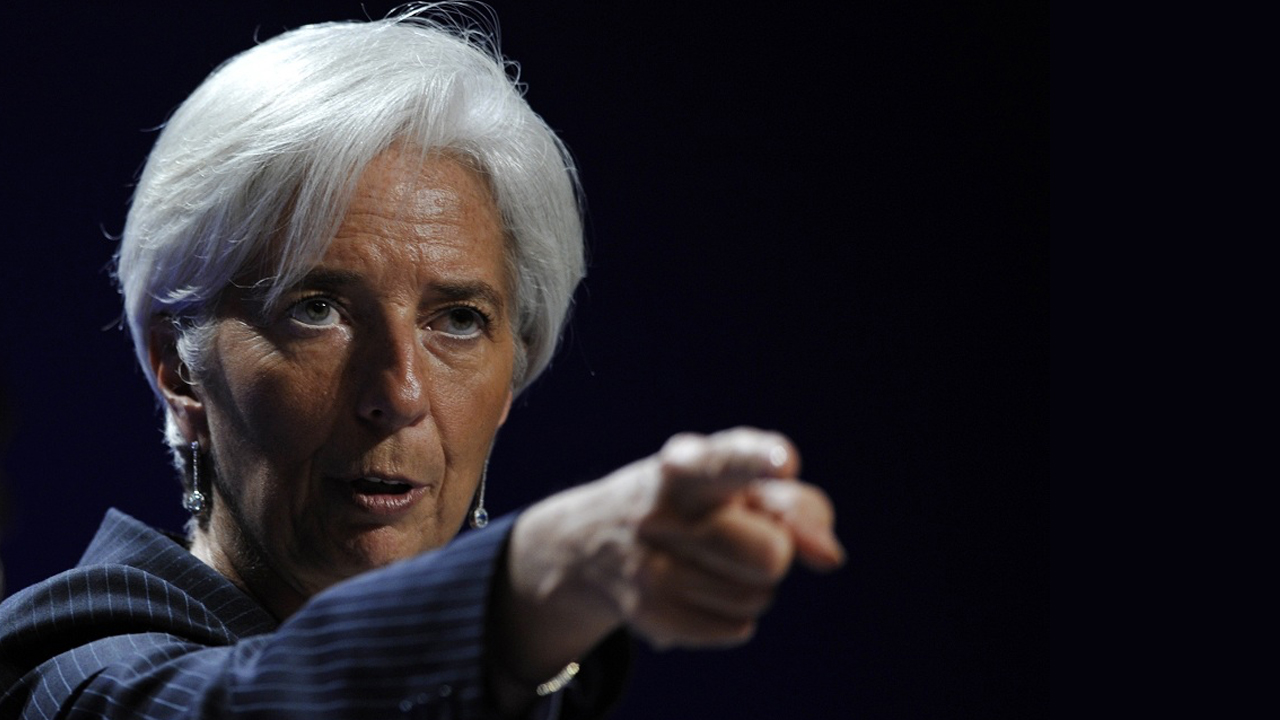
On Thursday, the European Central Bank (ECB) announced the central bank’s third consecutive benchmark bank rate increase this year, raising the rate by 75 basis points (bps). In addition to the rate hike, the ECB changed the central bank’s targeted longer-term refinancing operations terms and conditions noting that they need to be “recalibrated.”
ECB Increases Rate to Curb Inflation
Eight days ago, the European Union’s statistics office Eurostat published the latest inflation report for September. Eurostat’s records indicated that Euro area annual inflation jumped to 9.9% in September, the highest in 40 years. A week later, the European Central Bank (ECB) and the central bank’s president Christine Lagarde hiked up the benchmark bank rate for the third time in a row.
We’ve just taken our latest monetary policy decisions, determining what’s needed to achieve stable prices in the euro area.
To listen to #TheECBPodcastHear President Christine @Lagarde present the decisions in our press conferencehttps://t.co/tMkt8cf4tC
— European Central Bank (@ecb) October 27, 2022
Rates were increased by 75bps. Terms and conditions of targeted, longer-term refinancing operation (TLTROs), will also be modified and adjusted starting November 23. According to the ECB the TLTROs had an important role in the Covid-19 pandemic. Now, refinancing operations require adjustment. “During the acute phase of the pandemic, this instrument played a key role in countering downside risks to price stability,” the ECB stressed.
The central bank added the following:
Today, in view of the unexpected and extraordinary rise in inflation, it needs to be recalibrated — In order to align the remuneration of minimum reserves held by credit institutions with the Eurosystem more closely with money market conditions, the Governing Council decided to set the remuneration of minimum reserves at the ECB’s deposit facility rate.
The central banks around the world are trying to figure out how they can both gauge deposit facility rates and reduce inflation. Many central banks have been behind the U.S. Federal Reserve which will likely raise the Federal funds rate (FFR), by 75bps next month.
Slowly but surely, as it’s an indicator with significant lag, the European Union’s higher borrowing rates or cost of lending increases across the nation’s financial industry. All market participants of the European Union will be affected by the higher borrowing costs as a result of the ECB increasing the rate by 75bps. As an example, EU mortgage rates hit a seven year high as they rose a full percentage by the August end.
Do you agree with the ECB’s 75bps increase in the benchmark bank interest rate? Please comment below to let us know your thoughts on this topic.
Images CreditsShutterstock. Pixabay. Wiki Commons
DisclaimerThis article serves informational purposes. It does not constitute an offer, solicitation, or recommendation of any company, products or services. Bitcoin.com doesn’t offer investment, tax or legal advice. This article does not contain any information, products, or advice that can be used to cause or alleged result in any kind of damage.